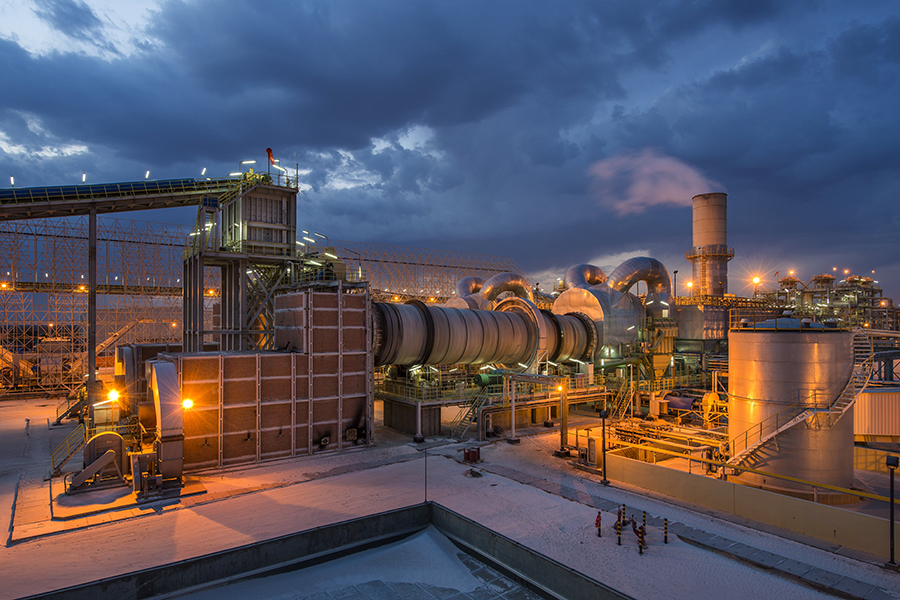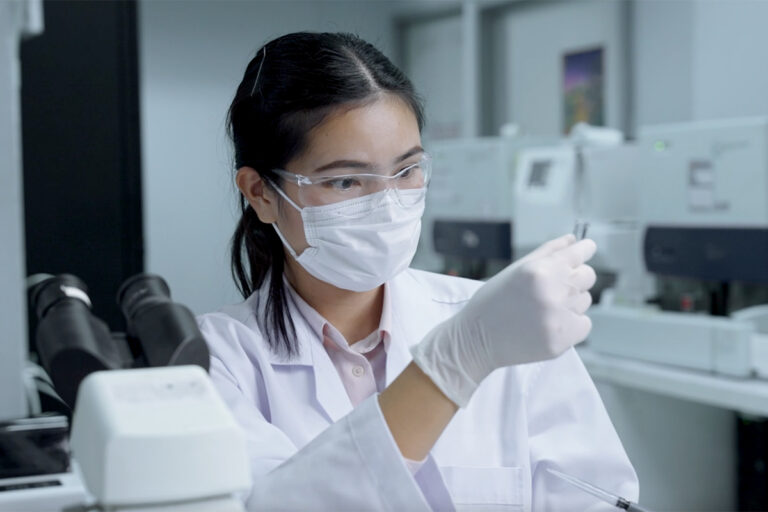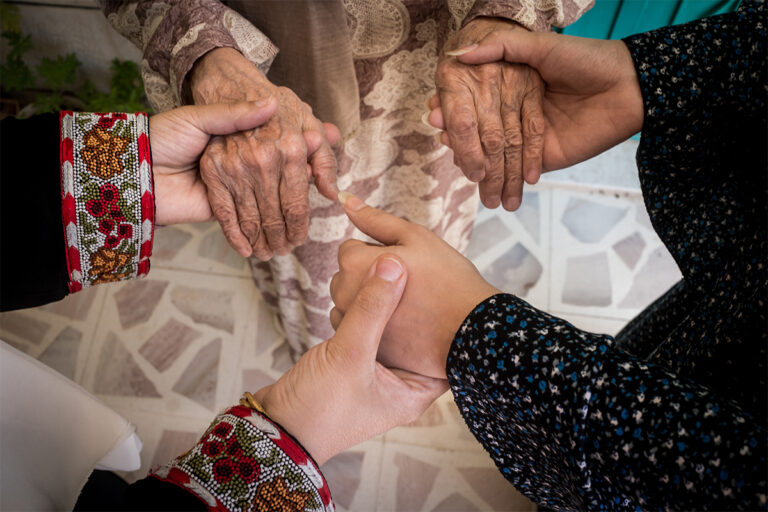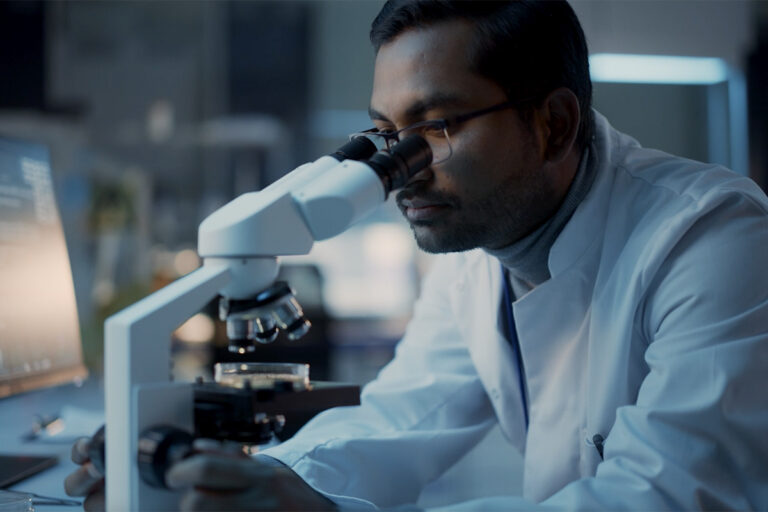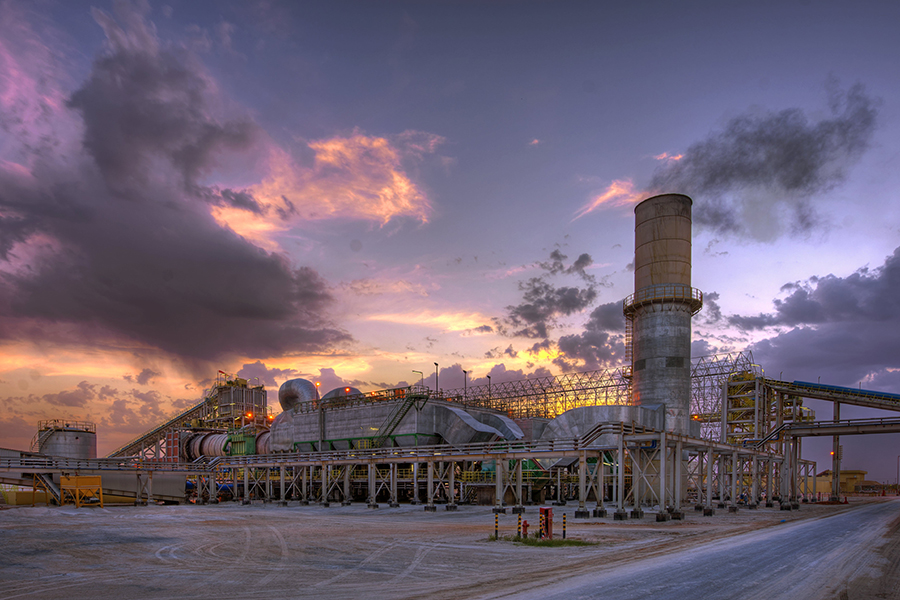
Overshadowed until now by the country’s giant oil industry, Saudi Arabia’s mining sector is starting to emerge as a driving force of economic growth and diversification.
The mining and metals industry holds a starring role in the Kingdom’s Vision 2030 strategy for the future. With significant unexploited resources of minerals across the country, low-cost production, an experienced talent pool, easy access to major markets in Asia and rising domestic demand for commodities, the sector is expected to create around 90,000 jobs and contribute around $64 billion to GDP by 2030.
Standing at the centre of this fast-changing landscape is the Saudi Arabian Mining Company or Ma’aden, partly owned by the country’s Public Investment Fund. Already one of the world’s largest producers of phosphate and gold, Ma’aden is increasingly focusing on developing resources of minerals such as copper and aluminium for Saudi Arabia’s fast-growing industrial sector.

Buzz spoke to Darren Davis, President and CEO of Ma’aden, about the rapid growth of Ma’aden’s minerals production and about the company’s role in the economic transformation of Saudi Arabia.
How important will Ma’aden’s metals production be to the development of the non-oil economy in KSA?
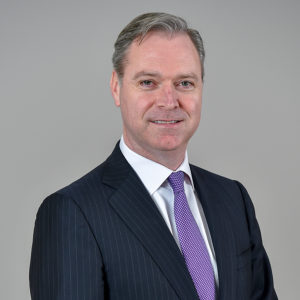
Copper and aluminium are closely linked to Vision 2030. Copper is the key metal in the electrification of the economy and its carbon-neutral development. Saudi Arabia is already the second or third largest net importer of copper in the world, which is why we want to grow our copper business. If we could build a copper business here, it would make a difference in terms of onshoring and value added – a lot of copper cables are already made here but using imported copper.
Aluminium is another interesting metal. As the Kingdom develops its industrial manufacturing sector, aluminium is going to be a key component. Unlike most countries in the region, we produce our own bauxite, refine it and produce the aluminium. We are monetising an asset from the ground into a final, manufactured product.
We currently produce about a million tonnes of aluminium of year; 60% of that goes to the domestic market. It all goes to downstream businesses, such as beverage cans and construction. Internationally, we supply Jaguar-Land Rover with aluminium for their cars, which are built in the UK. We could also use our aluminium for aviation parts and we are in discussions with Boeing about that potential.

How are you investing in exploration?
We tripled our exploration budget this year. We will spend $67 million this year and about the same next year. There are significant prospects in the Kingdom, including gold and copper, which is very much what our exploration is focused on.
What role does innovation and technology play in your growth strategy?
There are three pillars in our strategy. The first is operational excellence, which is all about getting more out of our assets. A big part of that is about technology and how it can be used to increase productivity, reduce downtime, create better throughputs and understand processes better.
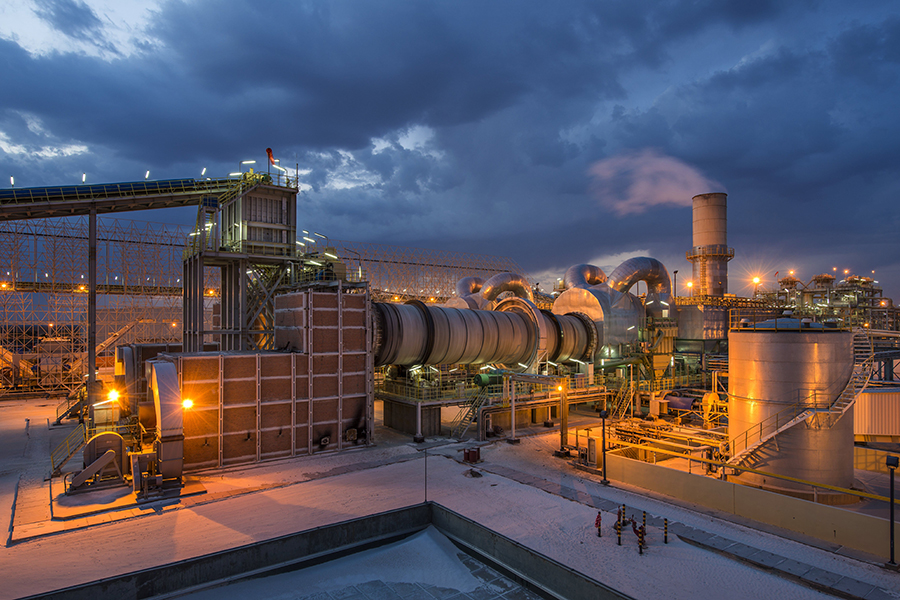
We have undertaken several projects in this area, such as applying AI to the data we have. The technology comes up with different ways of running a plant that a human being would never think of, delivering a 2-3% increase in production efficiency. For example, using indestructible RFID [radio frequency identification] we can track a piece of rock as it goes all the way through the crushers and chemical treatment. This was impossible five years ago, but now it allows us to accurately know how much gold we should be getting, where we are missing it, and where we aren’t getting it.
What are the other pillars of the strategy?
The second pillar is pursuing organic growth and developing the mining industry in Saudi Arabia as the national mining champion. The third pillar is to achieve a global presence outside the Kingdom. We have recently acquired an African fertilizer distribution company that will give our phosphate fertilizers access to an important growth market.
“In the next five years, Ma’aden is going to become one of the top 10 miners in the world”
Darren Davis, President & CEO, Ma’aden
What is the role of sustainability within this strategy?
There are three things that are important for us. One is water. Mining uses a lot of water and we are not in a water-rich region. Optimising our water use is one the key planks of our sustainability plan. For example, we have constructed a pipeline from Taif municipality – in southwestern Saudi Arabia – to supply treated waste water to our mines in the Central Arabian Gold Region and minimize the impact of our operations on local ground water resources.

The second is renewables. We do not need electricity in our phosphate business. The gold and copper mines, however, are in remote areas that are not connected to the grid. We have a renewables programme in the feasibility stage, looking to generate 40-50% of their power needs from solar and wind power.
Finally, there is the question of carbon dioxide. We have a project to reverse the carbon dioxide emissions into fertilizer. That is something that we will probably look at in 2020-2021.
What contribution is Ma’aden making to employment in Saudi Arabia?
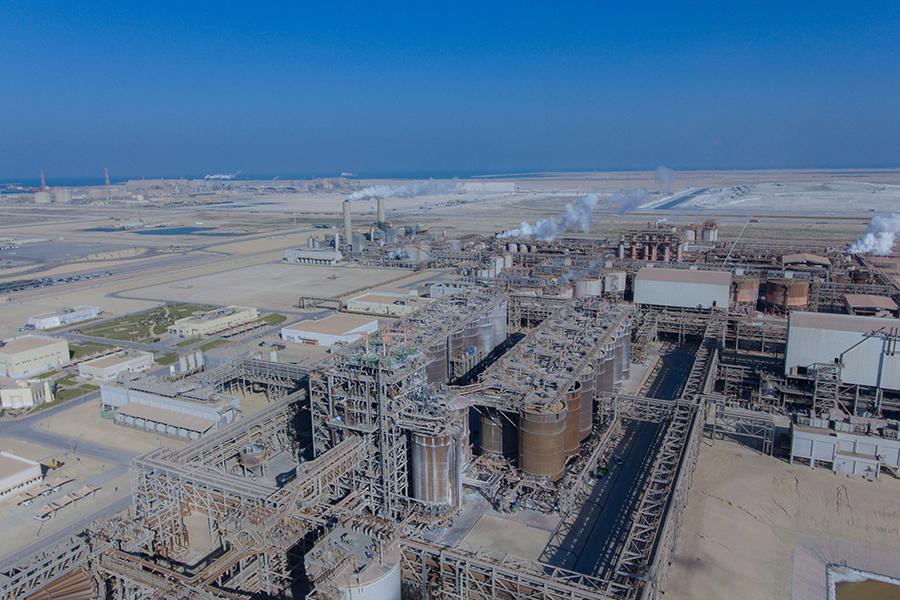
We have created around 6,000 high-quality jobs in the last 10 years. Of those, 65% are filled by Saudis. The indirect jobs are easily four or five times that. We are also getting more women into the business. We are making a major contribution, but I think there is more we can do. As we grow the business, we will create a lot more opportunities for people.
How has Ma’aden grown since you joined in 2012 and how will it grow in the future?
When I joined we had just started our first phosphate project. At that time, we were still a quite small gold company. We have progressed from that to becoming the largest integrated aluminium business in the world. We have the world’s third largest phosphate business. We are also a globally relevant gold business and we have a growing copper business.
As the Kingdom’s activities grow and as we expand outside the country, we are going to develop a significant international profile![]()





